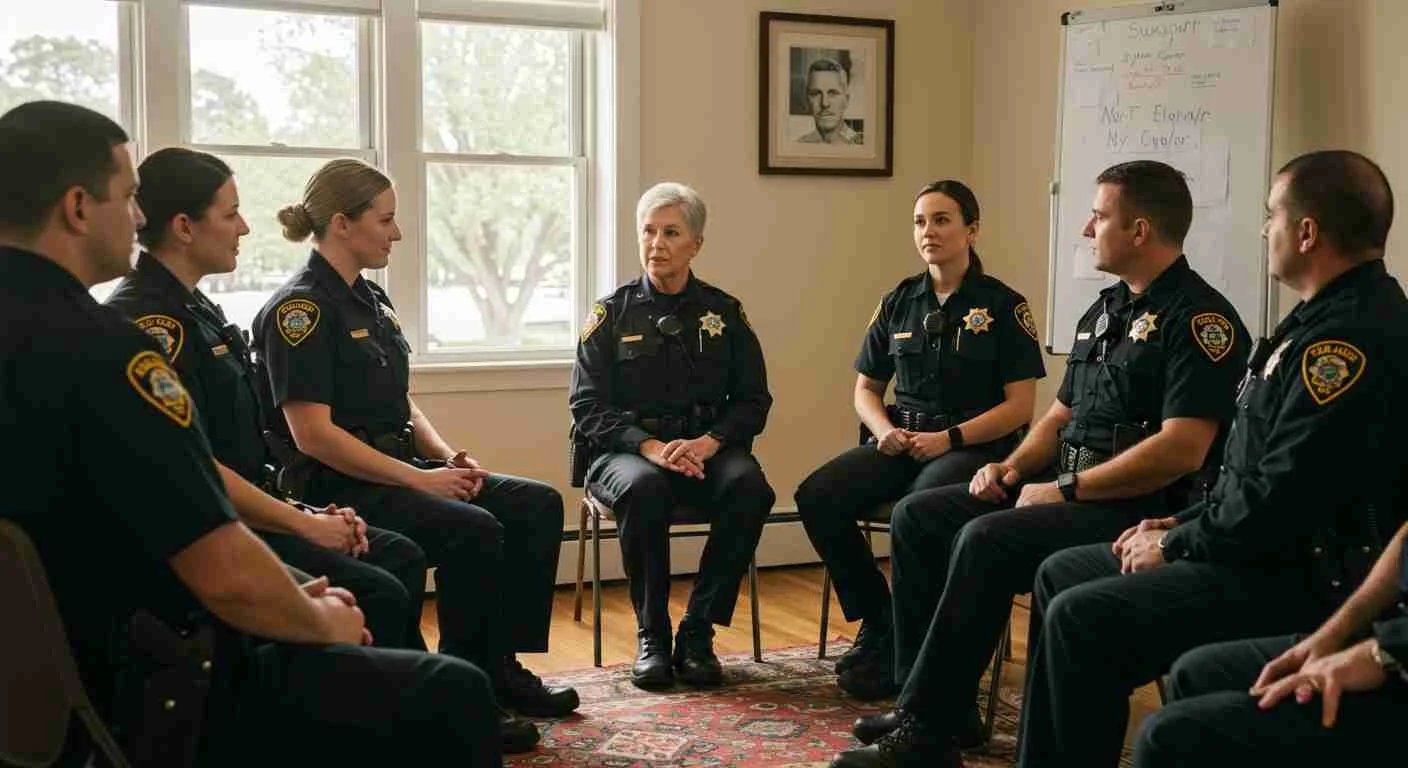
The Peer Support Paradox: When Your Support Network Enables Your Addiction
The peer relationships that develop in first responder work are unlike those in most other professions. When your survival depends on your partner's quick thinking, when you've shared experiences that civilians can't understand, and when you've seen each other at your most vulnerable during crisis situations, these relationships develop an intensity and importance that transcends typical workplace friendships. These bonds are forged in crisis, strengthened by shared trauma, and maintained through rituals and traditions that often center around alcohol and group coping mechanisms.
Yet these same relationships that provide essential professional and emotional support can become significant barriers to recovery when they're built around substances or when group norms conflict with individual wellness needs. The peer support paradox creates a situation where the people who understand you best may be the least supportive of your efforts to address addiction or mental health challenges that they may share but aren't ready to acknowledge or address.

Leadership in Recovery: When Supervisors and Command Staff Seek Help
Leadership positions in emergency services carry enormous responsibility for public safety, personnel management, and organizational effectiveness. These roles often attract individuals who are natural caretakers, problem-solvers, and decision-makers who are more comfortable providing support than receiving it. The hierarchical nature of first responder organizations can make vulnerability feel like a threat to authority, while the visibility of leadership positions makes privacy around personal struggles particularly challenging.
Yet first responder leaders who successfully navigate recovery while maintaining their leadership roles often become the most powerful advocates for cultural change within their organizations. Their example can break down stigma, normalize help-seeking behavior, and create environments where all personnel feel safe addressing mental health and substance use challenges. The key is learning how to lead authentically while managing recovery, maintaining authority while demonstrating appropriate vulnerability, and using personal experience to benefit organizational wellness without compromising professional effectiveness.

Building a Recovery Toolkit: Essential Strategies for First Responder Sobriety
Every effective recovery toolkit starts with core principles that guide decision-making and provide structure for daily life. For first responders, these principles need to be adapted to fit the realities of emergency service work while maintaining their effectiveness in supporting sobriety.
